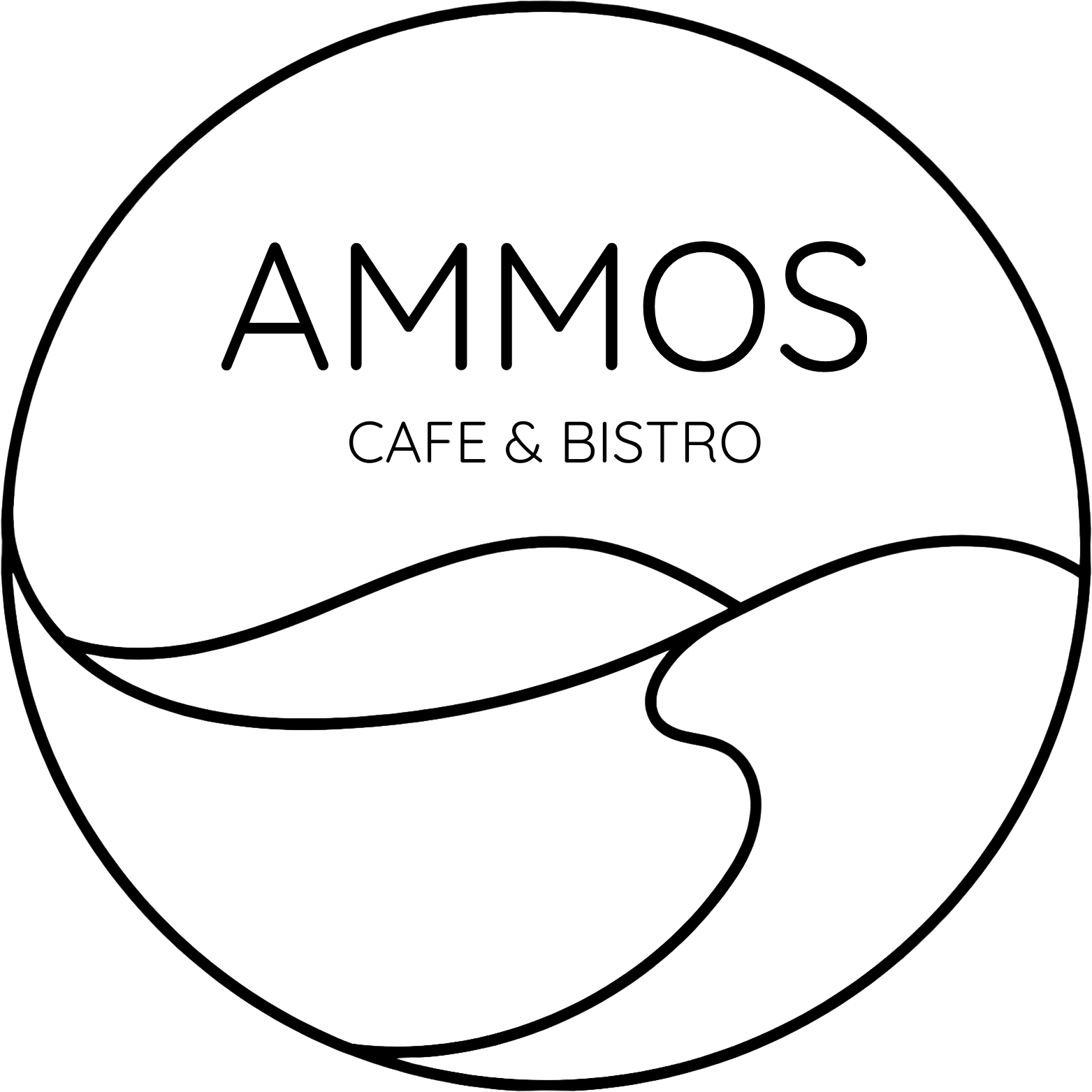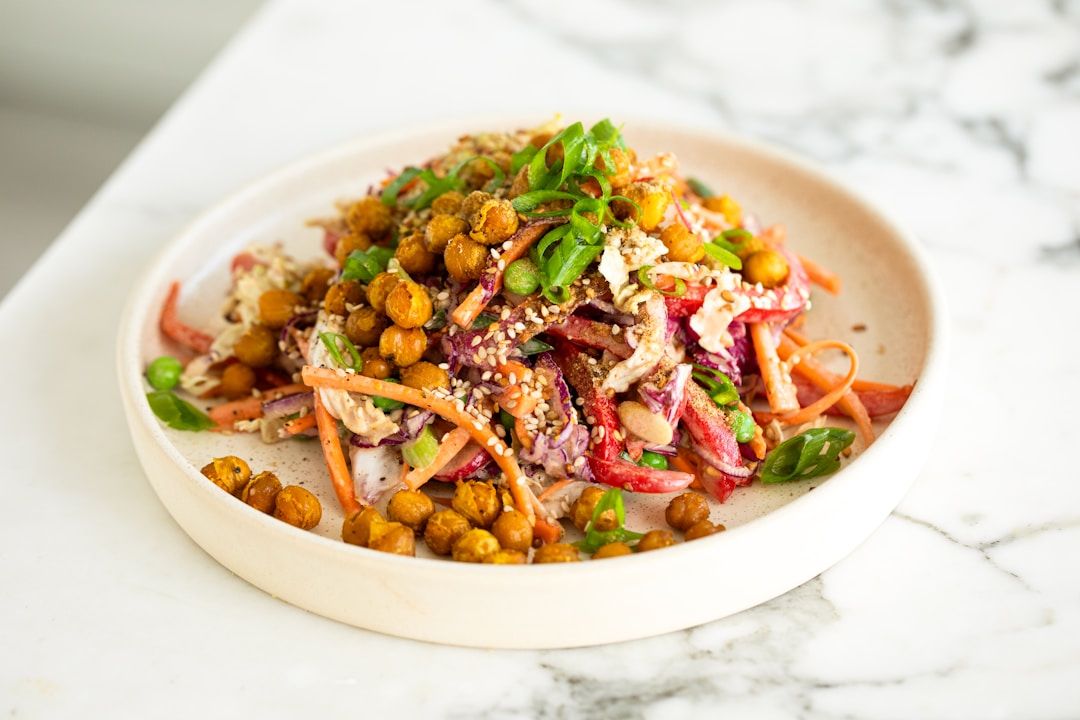
The Mediterranean Cuisine
From the sun-drenched shores of Greece to the bustling markets of Morocco, Mediterranean cuisine reflects the rich history and cultural influences of the area. Let’s dive into what makes this cuisine so special!
A Culinary Melting Pot
Mediterranean cuisine is not a single entity; it encompasses a variety of countries and cultures, each contributing its unique touch. Here are a few key highlights:
Greek Flavors: Greek cuisine features fresh vegetables, olive oil, and herbs like oregano and thyme. Dishes such as moussaka and souvlaki showcase the richness of its ingredients, while the famous Greek salad bursts with flavor and freshness.
Italian Influence: Known for its pasta, pizza, and exquisite sauces, Italian cuisine highlights regional ingredients. From the seafood dishes of Sicily to the rich flavors of Tuscany, each region offers its culinary treasures.
Middle Eastern Touch: Middle Eastern cuisine brings in spices like cumin, coriander, and sumac. Dishes like falafel and shawarma have made their way into Mediterranean menus, enriching the culinary experience.
North African Spices: In countries like Morocco and Tunisia, spices are the stars of the show. Tagines and couscous, often flavored with saffron and cinnamon, create a warm and aromatic dining experience.
Health Benefits of Mediterranean Cuisine
One of the most appealing aspects of Mediterranean cuisine is its health benefits. The Mediterranean diet is rich in:
- Healthy Fats: Olive oil is a staple, providing monounsaturated fats that are good for heart health.
- Fresh Vegetables and Fruits: Seasonal produce takes center stage, ensuring meals are nutrient-dense and flavorful.
- Whole Grains: Bread, pasta, and grains like quinoa are commonly used, providing fiber and essential nutrients.
- Lean Proteins: Seafood, legumes, and poultry are preferred over red meats, offering a lighter alternative.
Studies have shown that following a Mediterranean diet can reduce the risk of chronic diseases, improve heart health, and promote longevity.
Culinary Traditions
Food in the Mediterranean is often more than just a meal; it’s a celebration. Gatherings revolve around shared plates, encouraging conversation and connection. Traditional cooking methods, such as grilling, roasting, and stewing, bring out the best in ingredients, allowing natural flavors to shine.
Try Mediterranean at Home
Inspired to bring the tastes of the Mediterranean to your kitchen? Here’s a simple recipe to get you started:
Mediterranean Chickpea Salad

Ingredients:
- 1 can chickpeas, drained and rinsed
- 1 cup cherry tomatoes, halved
- 1 cucumber, diced
- 1/4 red onion, finely chopped
- 1/4 cup feta cheese, crumbled
- 1/4 cup olives, pitted and sliced
- Fresh parsley, chopped
- 3 tablespoons olive oil
- Juice of 1 lemon
- Salt and pepper to taste
Instructions:
- In a large bowl, combine chickpeas, tomatoes, cucumber, red onion, feta, olives, and parsley.
- In a small bowl, whisk together olive oil, lemon juice, salt, and pepper.
- Pour the dressing over the salad and toss gently to combine.
- Serve immediately or refrigerate for an hour to let the flavors meld.
Conclusion
Mediterranean cuisine is a celebration of flavor, health, and community. Whether you’re enjoying a meal at [Restaurant Name] or trying a new recipe at home, the rich culinary traditions of the Mediterranean are sure to delight your taste buds. We invite you to explore our menu for more delicious Mediterranean dishes, and join us in savoring the vibrant flavors of this beautiful region!